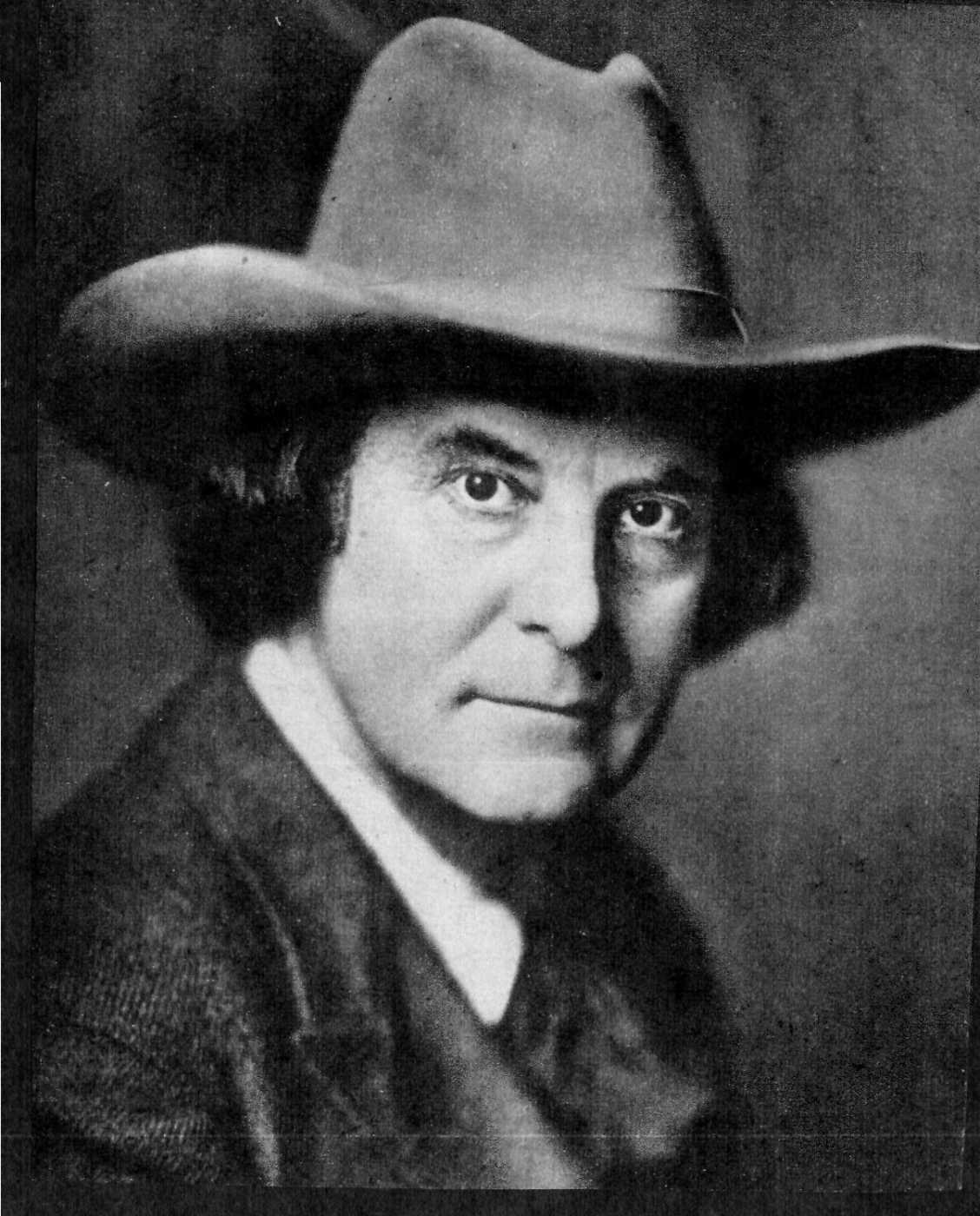Vol. XIV: Great Musicians, http://www.gutenberg.org/etext/20318 Chapter 8: "Ludwig van Beethoven," pp. 228-230:
Little Journeys to the Homes of the Great (1916)
Contesto: There have always existed three ways of keeping the people loving and loyal. One is to leave them alone, to trust them and not to interfere. This plan, however, has very seldom been practised, because the politicians regard the public as a cow to be milked, and something must be done to make it stand quiet.
So they try Plan Number Two, which consists in hypnotizing the public by means of shows, festivals, parades, prizes and many paid speeches, sermons and editorials, wherein and whereby the public is told how much is being done for it, and how fortunate it is in being protected and wisely cared for by its divinely appointed guardians. Then the band strikes up, the flags are waved, three passes are made, one to the right and two to the left; and we, being completely under the hypnosis, hurrah ourselves hoarse.
Plan Number Three is a very ancient one and is always held back to be used in case Number Two fails. It is for the benefit of the people who do not pass readily under hypnotic control. If there are too many of these, they have been known to pluck up courage and answer back to the speeches, sermons and editorials. Sometimes they refuse to hurrah when the bass-drum plays, in which case they have occasionally been arrested for contumacy and contravention by stocky men, in wide-awake hats, who lead the strenuous life. This Plan Number Three provides for an armed force that shall overawe, if necessary, all who are not hypnotized. The army is used for two purposes — to coerce disturbers at home, and to get up a war at a distance, and thus distract attention from the troubles near at hand. Napoleon used to say that the only sure cure for internal dissension was a foreign war: this would draw the disturbers away, on the plea of patriotism, so they would win enough outside loot to satisfy them, or else they would all get killed, it really didn't matter much; and as for loot, if it was taken from foreigners, there was no sin.
A careful analyst might here say that Plan Number Three is only a variation of Plan Number Two — the end being gained by hypnotic effects in either event, for the army is conscripted from the people to use against the people, just as you turn steam from a boiler into the fire-box to increase the draft....
